Your district has an F rating.
Your school is a 1-star school.
You are an ineffective educator.
It is hard to not feel a visceral reaction to these headlines, even when they don’t apply to you personally. Yet this is essentially the bargain that we’ve normalized over decades of accountability-driven education reform. Districts are underperforming? Hold them accountable! Schools aren’t producing students who can pass standardized tests? Accountability! Teachers are struggling in the classroom? Time to start holding these educators accountable!
On a personal level, I understood the limits of accountability as a struggling high school student. I was an extremely disengaged gifted and talented student at the prestigious Bronx High School of Science. My high school sent many accountability letters home because of my decision to take a highly rigorous course called AP Lunch (which took four periods a day) and skip classes. When I went to class, I rarely submitted homework and rarely engaged in classwork, earning lots of highly “accountable” zero grades.
But it wasn’t accountability that turned me around. It was someone’s choice to lead me on a path toward inevitability.
If you’re ready to make the shift from accountability to inevitability in your school district, click here to learn more about our 2024-2025 partnership model.
In 10th grade, my high school guidance counselor, Ms. Simon, called me into her office and confronted me, not with my current report card, but with my stellar middle school grades. Strangely, she used a lot of “we” in this conversation. She challenged me to explain why “we” weren’t achieving to the level of my ability. Then she offered “us” a system that made my success inevitable: an attendance sheet. This wasn’t an innovative tool. It was a simple chart with all my teachers’ names. I was supposed to have teachers sign it at the end of each class period I attended, and I knew I had to turn this sheet into Ms. Simon at the end of the week.
Because this lady cared about “our” success, it helped me care about my success. And it turns out that when you are forced to talk to your teachers, they have this annoying way of being encouraging and helpful. The nerve of those people. So I started to see how they cared about my success and how they were also part of this “we” situationship. And without me understanding what was going on, my success became inevitable.
Inevitability is so much more powerful than accountability for at least three reasons.
- First, accountability almost always comes after the fact. After the failure. After the testing. After I fall off the balance beam ten times in one routine. But inevitability is premised on creating the systems and conditions for success in a guiding, anticipatory way.
- Second, accountability is a guaranteed way to make the inherent stresses of being an educator even more stressful, but with very little benefit. Students who grow up in the struggle need transformational experiences in order to transcend, but this isn’t just hard work. This is heart work. There’s so much more psychological safety in inevitability because in systems designed around inevitability, people see themselves running towards success instead of running away from failure, a far less stressful journey.
- Lastly, accountability lets too many stakeholders off the hook. Ms. Simon could have easily written me off as a disengaged student and set me up to be transferred out of my school in the name of accountability. No one would’ve batted an eye. Ironically, if our systems allow us to simply fire the “bad” teachers and close the “bad” schools and take over the “bad” districts, there is essentially no accountability for the many of layers of leaders who failed at the job at making success inevitable at their respective levels of power. Accountability is about them. Inevitability is about us.
In leading thinkLaw’s work across the United States helping districts create learning environments where critical thinking is no longer a luxury good, our greatest, most challenging barrier has been consistent for years: “these kids can’t.” Accountability culture would have us recommending that district leaders write up and coach out all of your “these kids can’t” educators. But our focus on inevitability has us obsessing over the systems, tools, strategies, and ongoing supports needed to help all educators build learning environments where “all kids can.”
Are you excited about helping your educators build learning environments where “all kids can”? Learn more here!
In this journey we learned that having award-winning professional development and curriculum resources was good if all we wanted was to hold teachers accountable for learning new instructional moves to improve Tier 1 instruction. But we realized instructional moves were not enough. We need an instructional movement! This forced us to revamp our entire approach with a brand-new partnership model that helps districts create evangelists and influencers to lead this work internally.
If this concept moves you to action, it’s exciting to know you are willing to accept this challenge. But that’s not enough. You must also accept that this is going to be challenging, not just for you, but for the “we” of your organization.
No one likes micromanagement. But I’ve realized over the last decade that when people say they don’t like micromanagement, they often really mean they don’t like being managed, period. The truth is, very few education professionals are used to systems designed for inevitably positive outcomes. They’ve either overperformed or been held accountable for underperformance. But when we as leaders tackle the challenge of inevitability, we’re rejecting this randomness and insisting on results instead.
In closing this, it’s very important to take that pie right out of the sky. Inevitability culture does not mean that success is guaranteed or that we’ll never experience failure. I can almost guarantee the opposite: in organizations where people aren’t terrified of the consequences of accountability, you’ll hear about failure far more often (and have the chance to actually fix and learn from those mistakes). The point of creating a results-driven culture around inevitability is not about the destination. It’s about our shared journey as we run toward the success we know – and are ensuring – is inevitable.
Are you interested in partnering with thinkLaw for the 2024-2025 school year?

Click below for information on our *NEW* partnership model & inaugural Summer Institute!
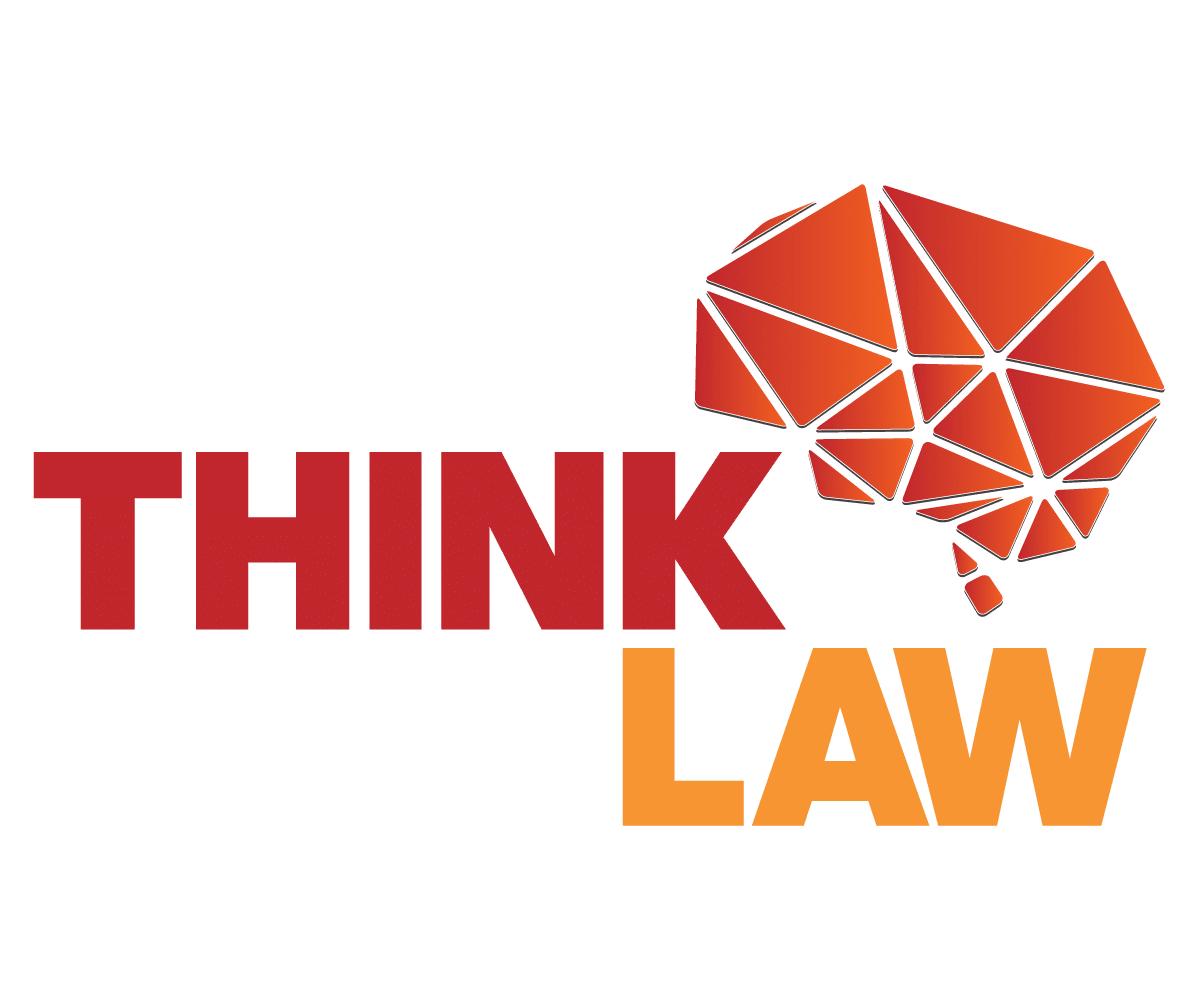
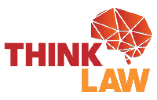
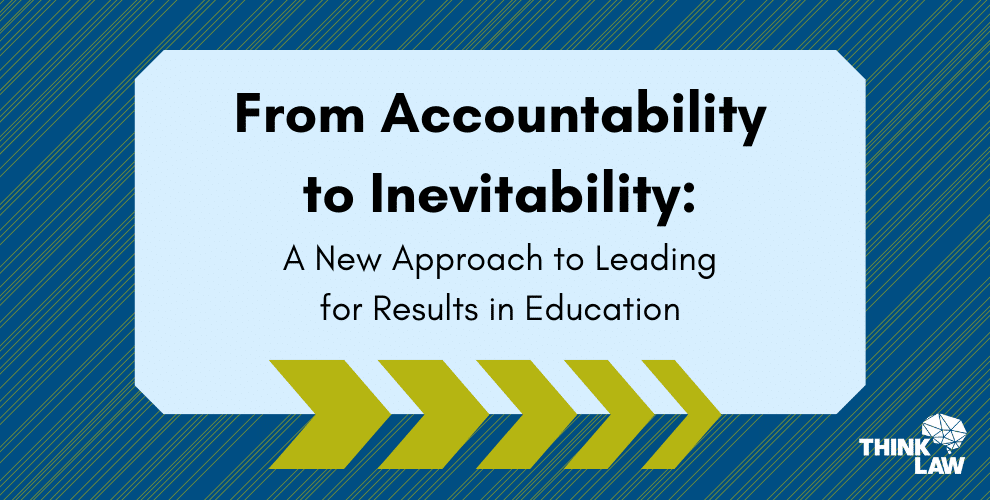

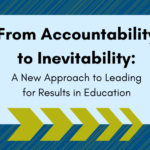

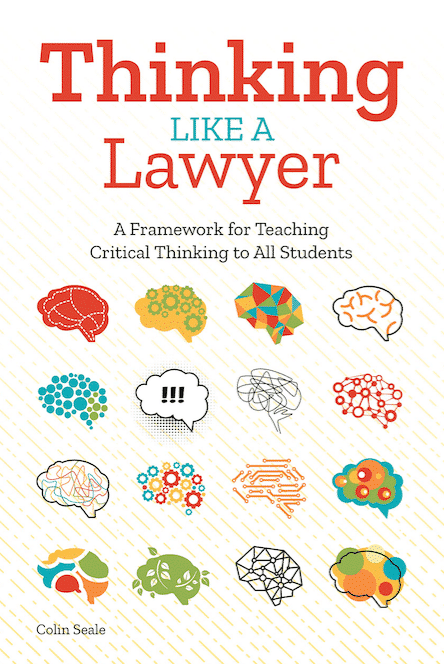
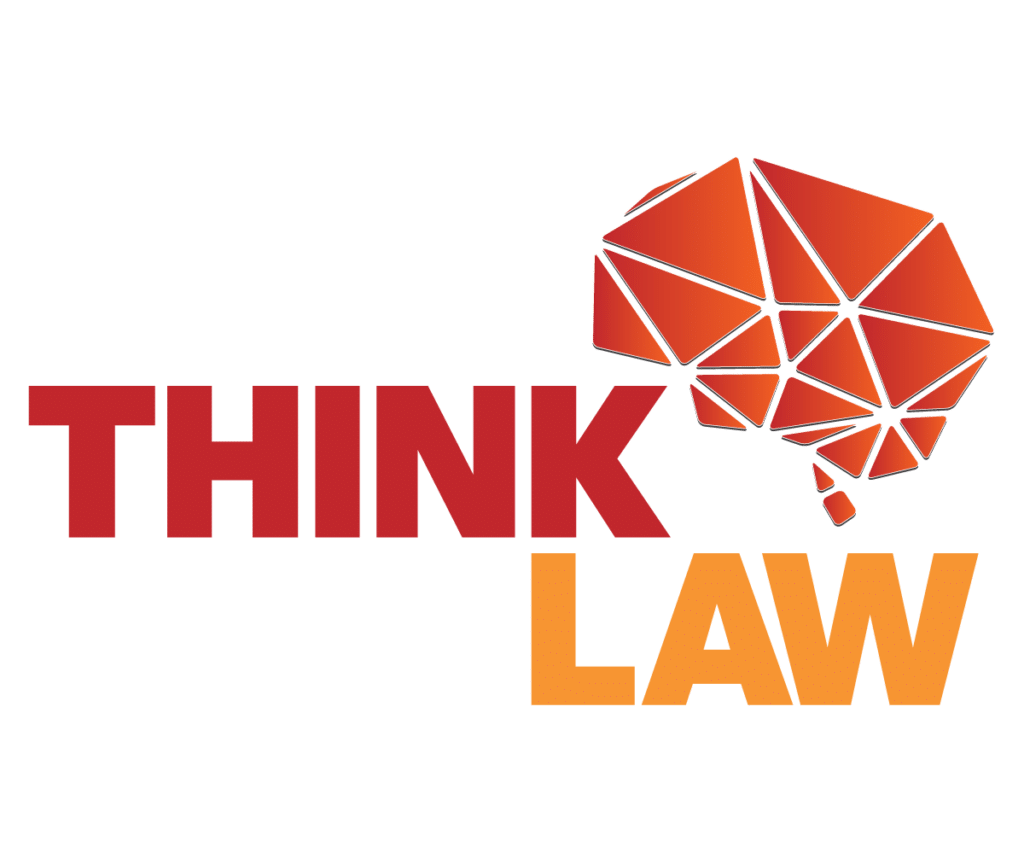
Leave a Reply